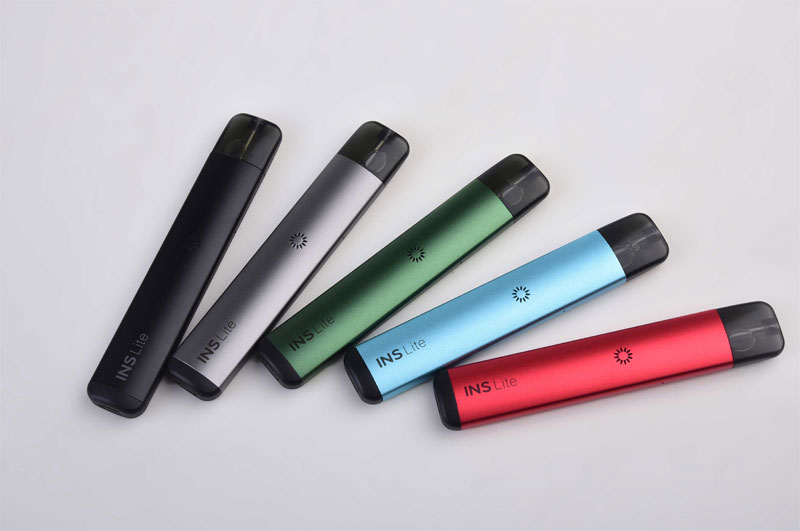
In examining the regulations and impact of the role of the Illicit Tobacco and E-Cigarette Commissioner, it’s essential to understand how this position influences public health and regulatory measures. The commissioner plays a pivotal role in curtailing the illegal market of tobacco and e-cigarettes, ensuring compliance with existing laws, and promoting legal business activities.

Background and Responsibilities
The position of the Illicit Tobacco and E-Cigarette Commissioner was established to combat the growing problem of illicit trade. This trade not only undermines health policies but also results in significant tax revenue loss for governments. As such, the commissioner is tasked with coordinating efforts among law enforcement, regulatory bodies, and businesses to strengthen enforcement actions.
Regulatory Framework
The commissioner works within a complex regulatory framework designed to address the illegal trade in tobacco products and e-cigarettes. This framework includes national laws, international treaties, and cooperative agreements among countries aimed at repressing the smuggling and distribution of illicit products. Moreover, the commissioner’s role is to advocate for stronger penalties and more refined legislation that narrows the loopholes currently exploited by offenders.
The Impact of Illegal Tobacco and E-Cigarettes

Illicit tobacco sales have far-reaching impacts on both health and the economy. These products are often sold at a fraction of the cost of legally approved tobacco products, increasing accessibility, especially among youth and vulnerable populations. This not only violates age restrictions but also compromises public health initiatives designed to reduce smoking rates. Financially, illicit sales deprive governments of billions in tax revenue, which could be utilized for public services and health programs.
and vulnerable populations. This not only violates age restrictions but also compromises public health initiatives designed to reduce smoking rates. Financially, illicit sales deprive governments of billions in tax revenue, which could be utilized for public services and health programs.
Health Risks
The lack of regulation around illicit tobacco and e-cigarette products also raises significant health concerns. Products found in the illicit market may contain dangerous additives and are not subject to the same quality controls as legal products, posing additional risks to consumers. Ensuring that these products are removed from the market requires robust action from the commissioner.
The mission to combat illicit trade is therefore not just a regulatory challenge, but a public health imperative.
Collaborative Efforts
Collaboration is central to the success of the commissioner’s role. By fostering partnerships with international organizations and governmental agencies, the commissioner ensures a unified front against illegal trade. Such collaborations also involve sharing intelligence and best practices, which increases the effectiveness of cross-border efforts and enhances the legal tobacco and e-cigarette markets’ integrity.
- Enhanced border controls
- Education and awareness campaigns
- Support for affected businesses
The commissioner also acts as a liaison between stakeholders, ensuring that their concerns are addressed and that initiatives are tailored to various community needs.
Future Perspectives
Looking forward, the role of the Illicit Tobacco and E-Cigarette Commissioner is expected to evolve with changing market dynamics and advances in technology. One potential area of focus is the increasing popularity of e-cigarettes and vaping products, which requires updated regulations and enforcement strategies. The commissioner must anticipate these trends and adapt current frameworks to remain effective.
Additionally, advances in technology provide both opportunities and challenges for regulation. New tools can enhance the ability to track illicit products through supply chains, but savvy operations may also use tech to evade capture. Thus, it becomes imperative for the commissioner’s office to stay ahead of the curve through continuous innovation and by maintaining a robust network of collaboration and information sharing.
FAQs
What are the main challenges faced by the Illicit Tobacco and E-Cigarette Commissioner?
The primary challenges include managing the dynamic nature of the illegal market, fostering international cooperation, and ensuring up-to-date technology and legislation are in place.
How does illicit trade affect legal businesses?
The illegal trade in tobacco and e-cigarettes undercuts legal businesses by offering lower-priced products, which can result in lost revenue and unfair market competition.
What role does technology play in combating illicit trade?
Technology provides tools for better tracking and monitoring of products, enhancing enforcement capabilities, and supporting international cooperation among agencies. However, it also poses challenges as illicit operators adopt new technologies to thwart efforts.